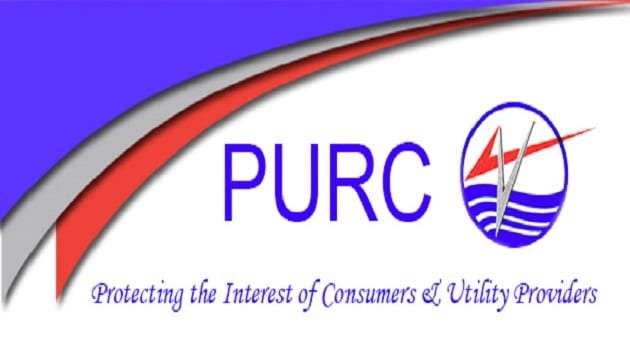The Public Utilities Regulatory Commission (PURC) has disclosed that it received a total of 4,204 complaints in the first quarter of 2025 from utility consumers and service providers, with a resolution rate of 94.74%, reflecting the regulator’s strong commitment to consumer protection and service accountability across Ghana’s utility landscape.
The complaints were lodged against three key distribution utilities—the Electricity Company of Ghana (ECG), Northern Electricity Distribution Company (NEDCo), and Ghana Water Limited (GWL)—as well as a smaller number filed by these utilities against their own consumers.
According to the Commission’s latest complaints report, “the bulk of the grievances were directed at ECG, with 2,383 complaints lodged. Of these, 2,243 were successfully resolved, achieving a 94.13% resolution rate.”
“NEDCo followed with 1,376 complaints, out of which 1,331 were resolved, marking an impressive resolution rate of 96.73%.
“GWL received 420 complaints, of which 388 were addressed, giving the utility a resolution rate of 92.38%.”
Public Utilities Regulatory Commission (PURC)

In a lesser-known but significant turn, utility companies themselves lodged 25 complaints against consumers, and the PURC managed to resolve 21 of these, achieving an 84% resolution rate in favour of utility service providers.
A detailed breakdown of the complaint categories reveals that service quality dominated the grievances. A staggering 3,703 complaints—or 88.08%—were related to poor quality of service.
These included persistent power outages, phase-offs, voltage fluctuations, and water flow interruptions due to pipe bursts and leakages.
Billing-related issues were the next most prevalent, making up 6.76% of the total, with consumers reporting overbilling, bulk billing, and being billed based on estimations.
Metering problems accounted for 2.05%, often tied to faulty or malfunctioning meters, while payment issues (1.12%) and consumer service delivery problems (0.57%) formed smaller shares of the complaints.
Other issues such as unlawful disconnections, damaged property, and miscellaneous grievances collectively made up less than 2% of the total cases.
Focus on Regulatory Oversight and Consumer Protection

The PURC, mandated under Section 3 of Act 538 (1997), reiterated its continued commitment to consumer protection and service quality improvement.
“We are mandated not only to resolve disputes but also to monitor and enforce service standards across the utility sector.
“The volume and nature of complaints received point to persistent structural and operational issues in service delivery that must be addressed.”
Public Utilities Regulatory Commission (PURC)
According to the Commission, its regulatory functions include protecting the interests of both utility service consumers and providers, monitoring performance standards, and initiating investigations into subpar service quality.

As Ghana continues to expand its electricity and water access nationwide, the growing number of complaints underscores the challenges of sustaining quality service.
The PURC’s effective resolution rate of 94.74% signals regulatory efficiency, but the high incidence of complaints tied to core utility functions raises deeper concerns.
The Commission pledged to intensify its oversight activities and deepen collaboration with utilities to improve customer service delivery.
However, the real test lies in transforming these resolutions into long-term structural improvements that ensure reliable, safe, and equitable access to utilities for all Ghanaians.
READ ALSO: Ecobank Transnational Incorporated Withholds Dividend Payment Despite Stellar 2024 Performance






















